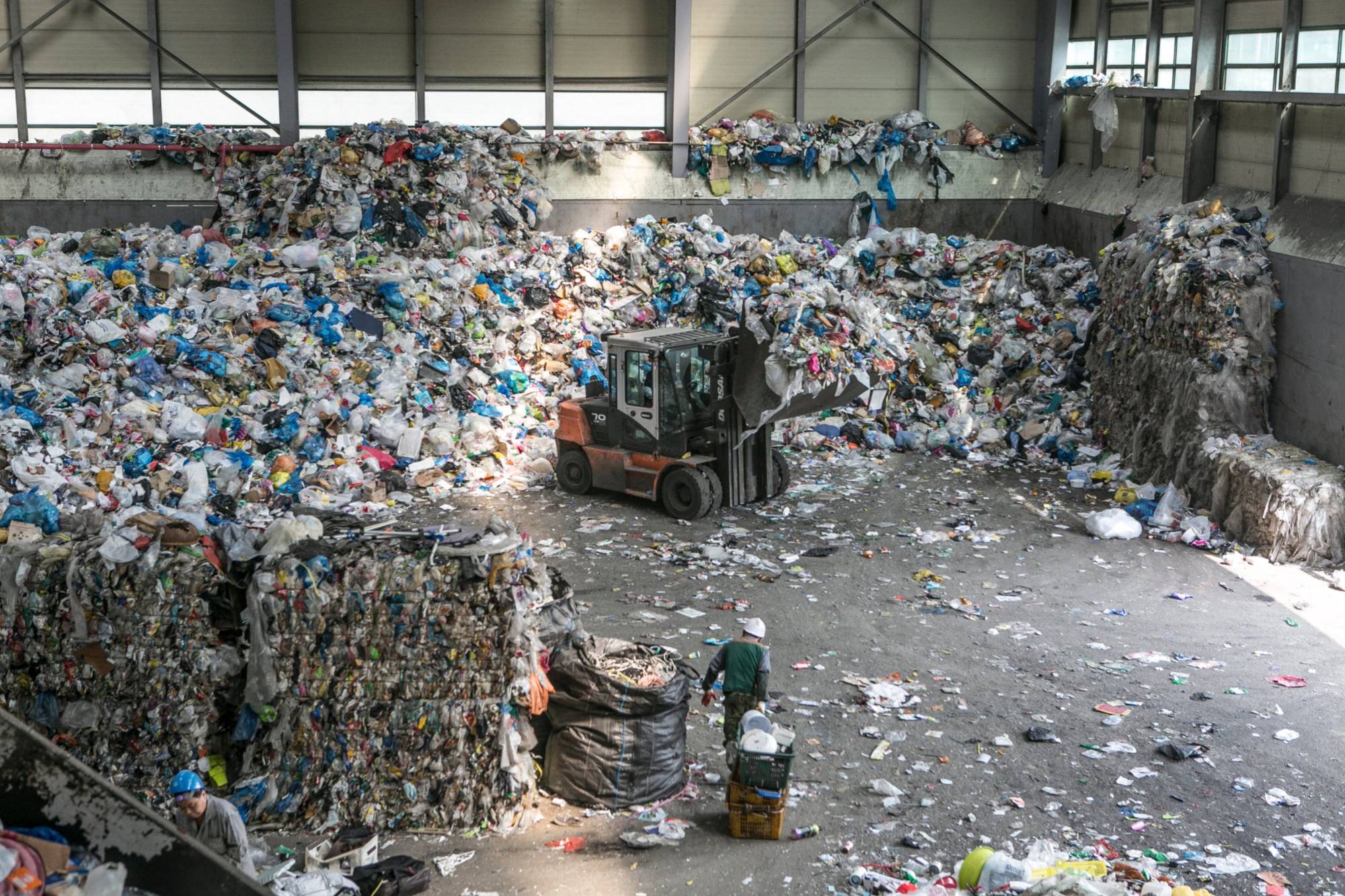When U.N. negotiations over a global agreement on plastic waste convene for a second session this spring, the European Union will bring evidence that it practices what it preaches.
In November, the European Commission proposed sweeping packaging regulations that would require companies selling products in EU countries to make their packaging easier to reuse, recycle or in some cases, compost. Takeaway food, hot and cold drinks, wine and other alcohol would have to be provided at least partly in reusable packaging by 2030, and the rules would limit unnecessary empty space in packaging. The EU’s overall goal: to reduce packaging waste by 5% by 2030, compared to 2018 levels, and by 15% by 2040.
Many of these policies can also be found in proposals submitted by the EU ahead of the May U.N. session on plastic waste: minimums on recycled content and reusable packaging, limits on the use of labels claiming biodegradability, and "eco-design” criteria that includes avoiding empty space and promoting durable and refillable packaging. Those objectives also largely reflect the views of the U.N. negotiations’ "High Ambition Coalition,” a group of countries including EU member states and the U.K., Ghana, Senegal, Australia and Canada. The small island states most negatively impacted by marine plastic waste are also calling for better design and reuse.

















With your current subscription plan you can comment on stories. However, before writing your first comment, please create a display name in the Profile section of your subscriber account page.